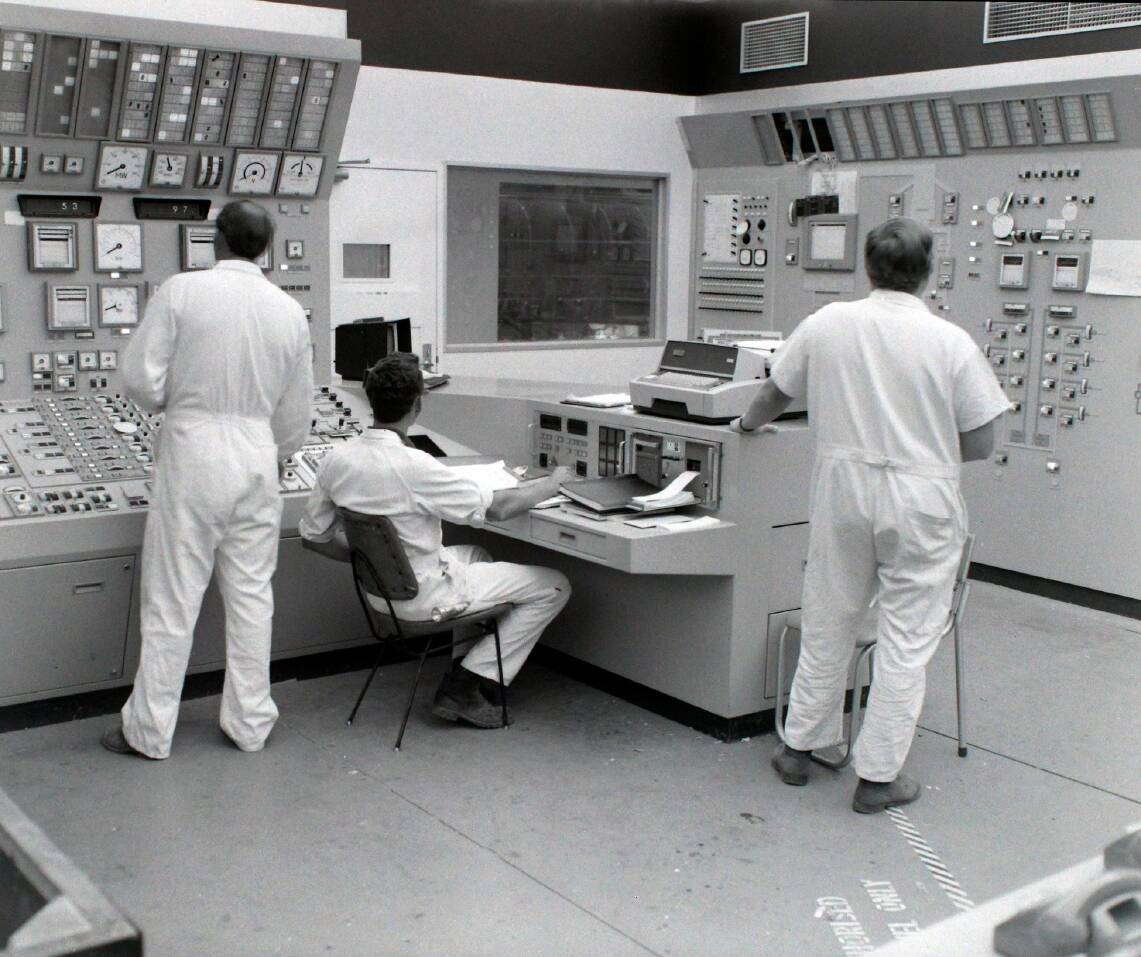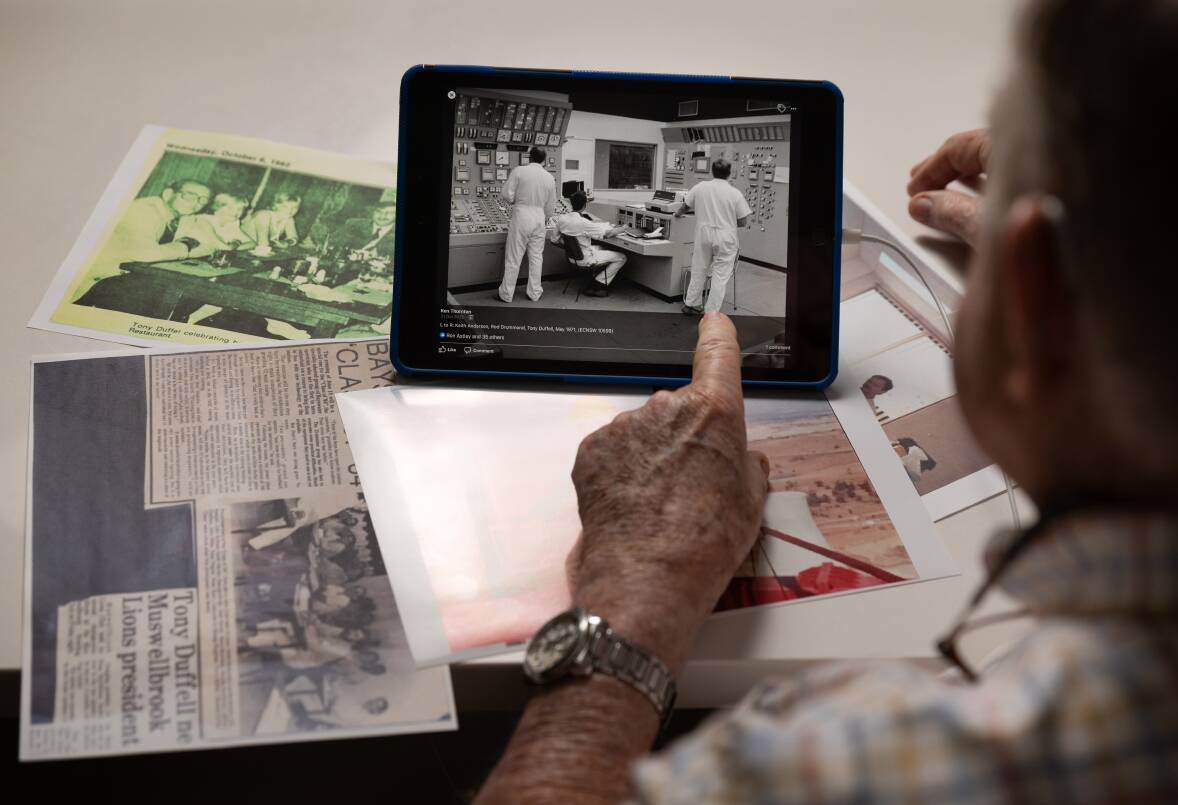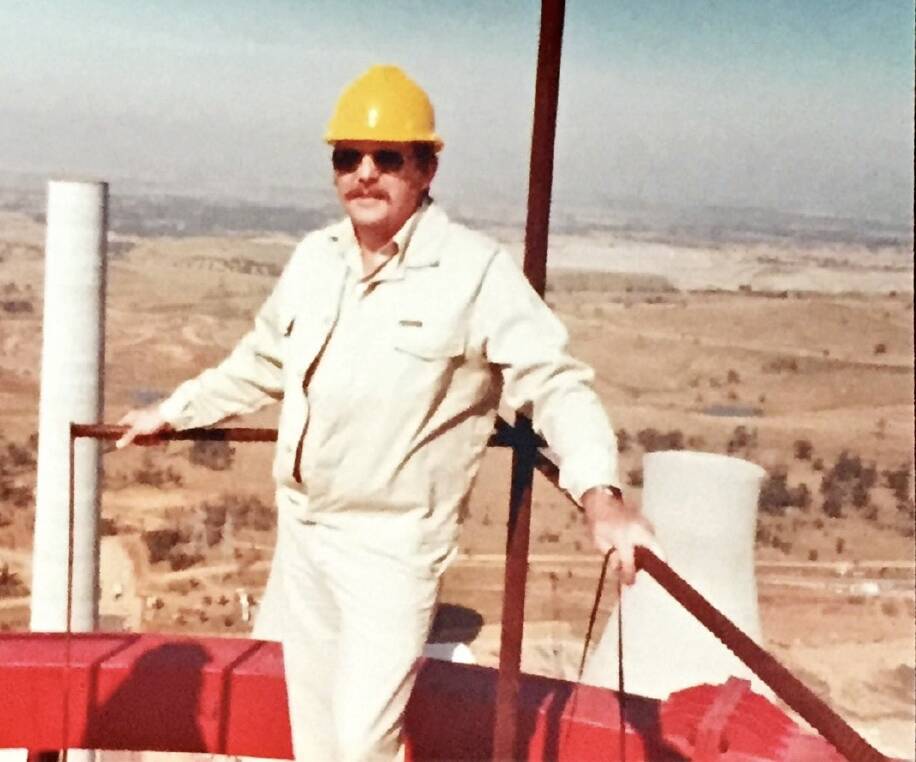
TONY Duffell was one of the first operators on site at Liddell power station, his job was to help keep the power on.
Now, as the 52-year-old station prepares to power down for good, he holds serious concerns about the future of cost-effective, reliable and affordable energy.
"It's being shut down for the wrong reasons, the allegation or proposal is that the world is about to fall off the edge of a cliff because of pollution," he said.
"We're going blindly ahead shutting perfectly viable units down without the guarantee of being able to charge your phone or boil the jug for a cup of tea on your lunch break.
"I've got solar myself, use that by all means, but I work on the basis that you have built in braces - you don't go to an important function holding your pants up and hoping they don't fall down."
Before he started at Liddell in October of 1970, Mr Duffell worked as a marine engineer at sea for five years.
Back then jobs at the station were very attractive, offering housing, a decent pay check and a challenging role.

Muswellbrook was growing in popularity thanks to the injection of life Liddell brought with it and the opportunity to water ski on the power station's lake on the weekends.
Mr Duffell and his wife raised their three girls in the town and became quite involved with the local community.
People mostly had a trade background in those days, to be trained as an operator at Liddell the Electricity Commission ran two training schools that went for three months apiece.
"It was very competitive," Mr Duffell said.
"Every week you had to do an exam and you had to achieve 75 or 80 per cent, if you failed two weeks in a row you were out."

After 14 years working on Liddell's "clunky" by comparison English-American technology, Mr Duffell went on to commission Bayswater with its Japanese steam driven turbo alternators just across the New England Highway.
"Liddell's machinery was pretty ordinary, it was 1960s technology and computing was just coming in, the people who commissioned and maintained Liddell had to use a lot of innovation," he said.
"Going to Bayswater was like looking at a Singer sewing machine - it was the 'bee's knees' as we used to say, it was beautiful.
"We kept Liddell going through dedicated people but it was hard work, a unit would virtually trip once per shift and it was no mean job to put it back on, it was a lot of effort.
"Bayswater in comparison was almost boring, Liddell was very challenging in the beginning and that to my odd psyche was very attractive."

As the shutdown looms ahead, Mr Duffell looks back on his time there fondly.
"It's like when you have a car you loved and cherished, the new one is a whole lot better - but we don't have a new one," he said.
"It's a semi-empty feeling when you think about something that has been a very important part of our lives.
"Liddell was the move the Electricity Commission made that took a great leap forward bringing a lot of people's enthusiasm with it - that wish to make it succeed.
"I guess that's a feeling I still carry, that we were part of something important."
To see more stories and read today's paper download the Newcastle Herald news app here.







